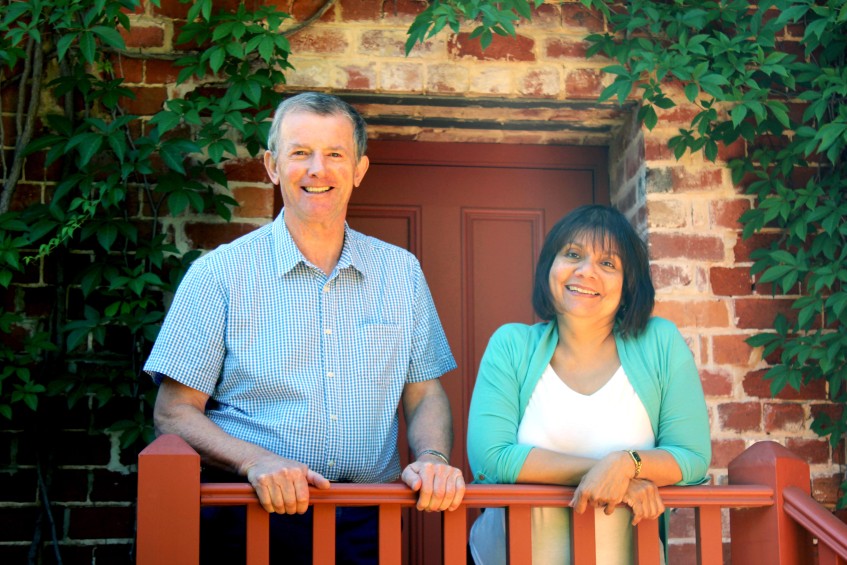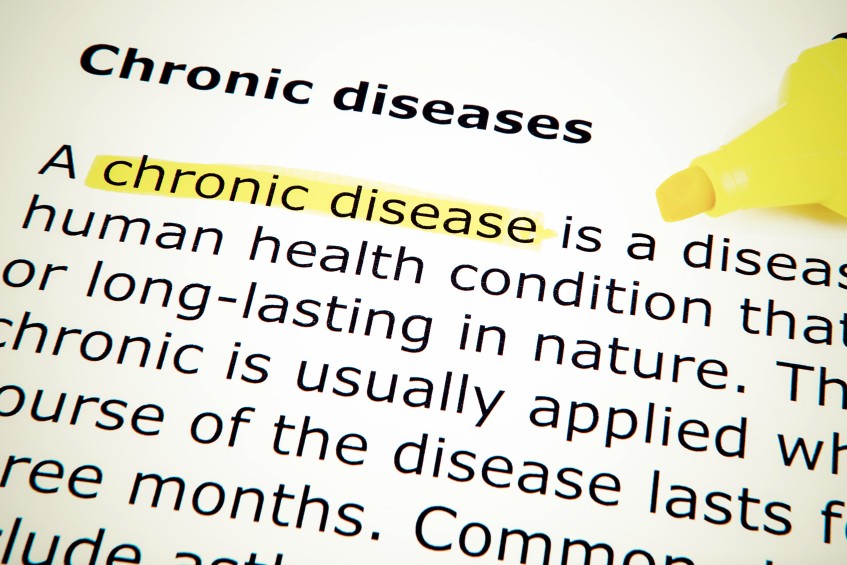Homeless youth at high risk of developing chronic diseases

Prof Tom Brett and lead researcher Diane Arnold-Reed spearheaded a decade-long research study that reveals a big jump in street population. Photo: Supplied.
A 10-year university research has revealed an alarming increase in chronic disease among young homeless people.
Results of a study released in April 2018 shows the percentage of young homeless people with two or more chronic diseases has risen by more than 16 per cent.
The study was led by researchers from the University of Notre Dame and the University of Western Australia.
The most common chronic mental, physical and cardiovascular diseases range from anxiety and depression – resulting from substance abuse, chronic back pain, diabetes and obesity, skin disorders, asthma and dizziness, as well as ear, nose and throat conditions.
The study reviewed medical records of 4285 patients to identify the number, patterns and severity of health conditions of the patients who were treated by the Freo Street Doctor, a free health service run by Black Swan Health.
Results published in the Australian Journal of General Practice, showed the rates of chronic disease in homeless people has increased from 46.4 per cent (2006 to 2011) to 63 per cent (2012 to 2015).

A chronic condition is a human health condition or disease that is persistent or otherwise long-lasting in its effects or a disease that comes with time. Photo: Adobe Stock.
Lead researcher Diane Arnold-Reed, Associate Professor from Notre Dame’s School of Medicine, said there are many risk factors that lead to multiple chronic diseases in homeless people.
“The stigma associated with being labelled as ‘homeless’ is one of the most common – as these people feel disconnected from society, avoid regular contact with doctors and can be hospitalised due to their condition,” she said.
Findings also reveal that rates of chronic disease in people aged under 25 years were higher in Aboriginal patients (36.9 per cent) than non-Aboriginal patients (16.1 per cent).
The study recorded a high attendance in Aboriginal (31.5 per cent of the total cohort) at the Freo Street Doctor, which is in sharp contrast with less than two per cent of Aboriginal patients attending mainstream GP clinics Australia-wide.
“Being Aboriginal is the strongest predictor of chronic diseases as these patients are twice as likely to suffer from multiple conditions compared to non-Aboriginal patients,” Arnold-Reed added.
Study co-author and GP Professor Tom Brett said: “Primary care management of young Aboriginal patients is critical in preventing exacerbations of chronic diseases”.
The research team comprised of Prof Tom Brett, Associate Prof Diane Arnold-Reed, Wendy Chan She Ping-Delfos, and Dr Colleen Fisher, Prof David Preen, Prof Elizabeth Geelhoed, and Dr Cecily Strange.
